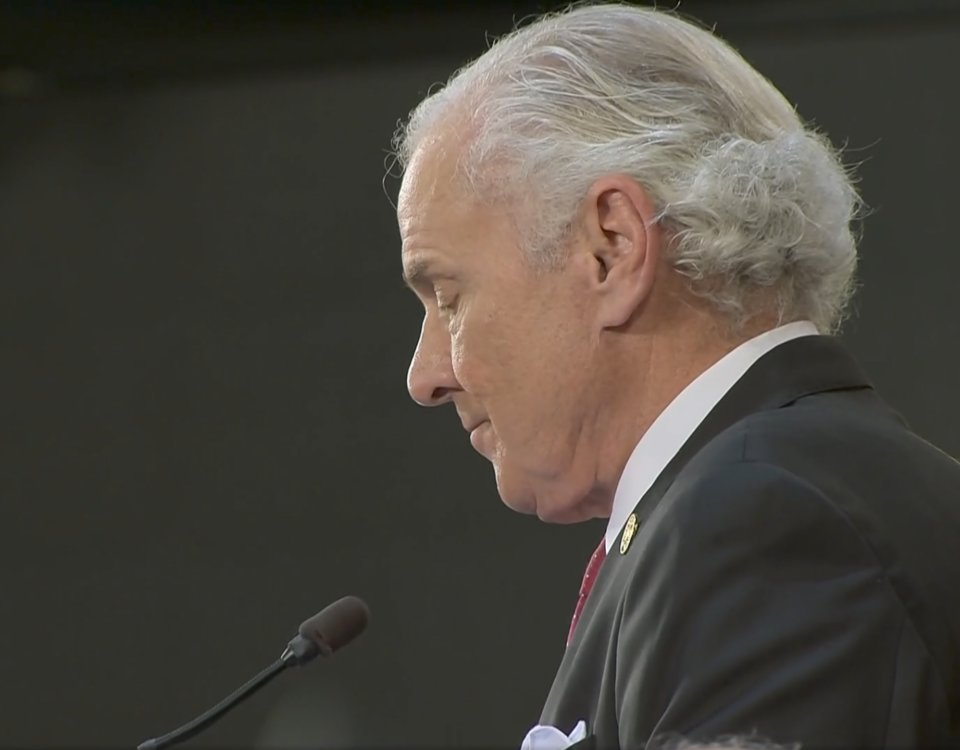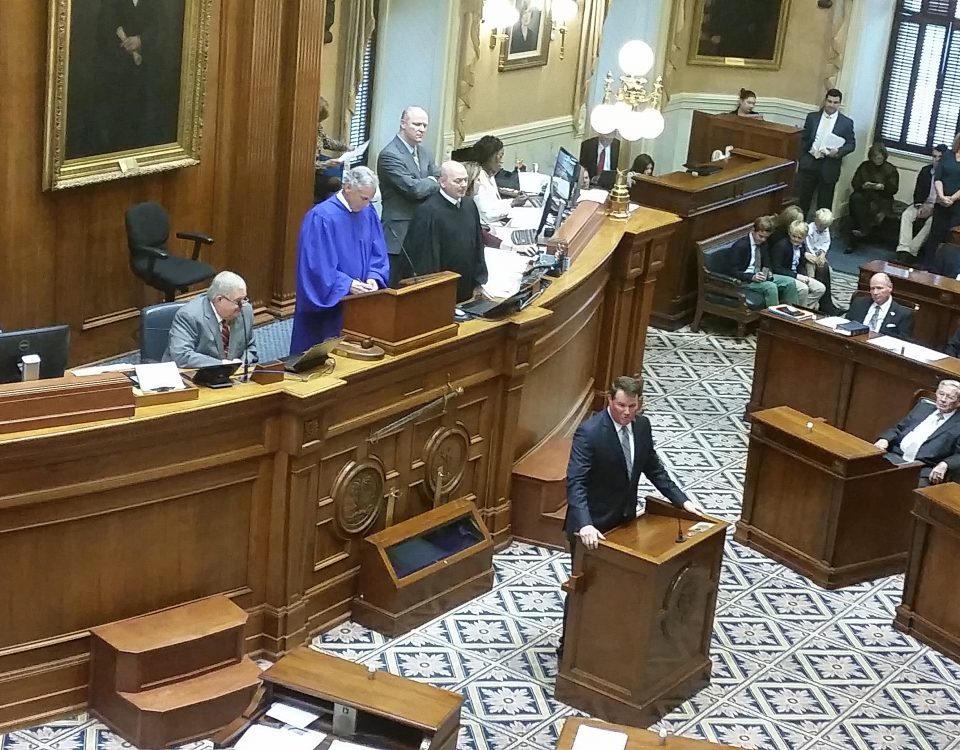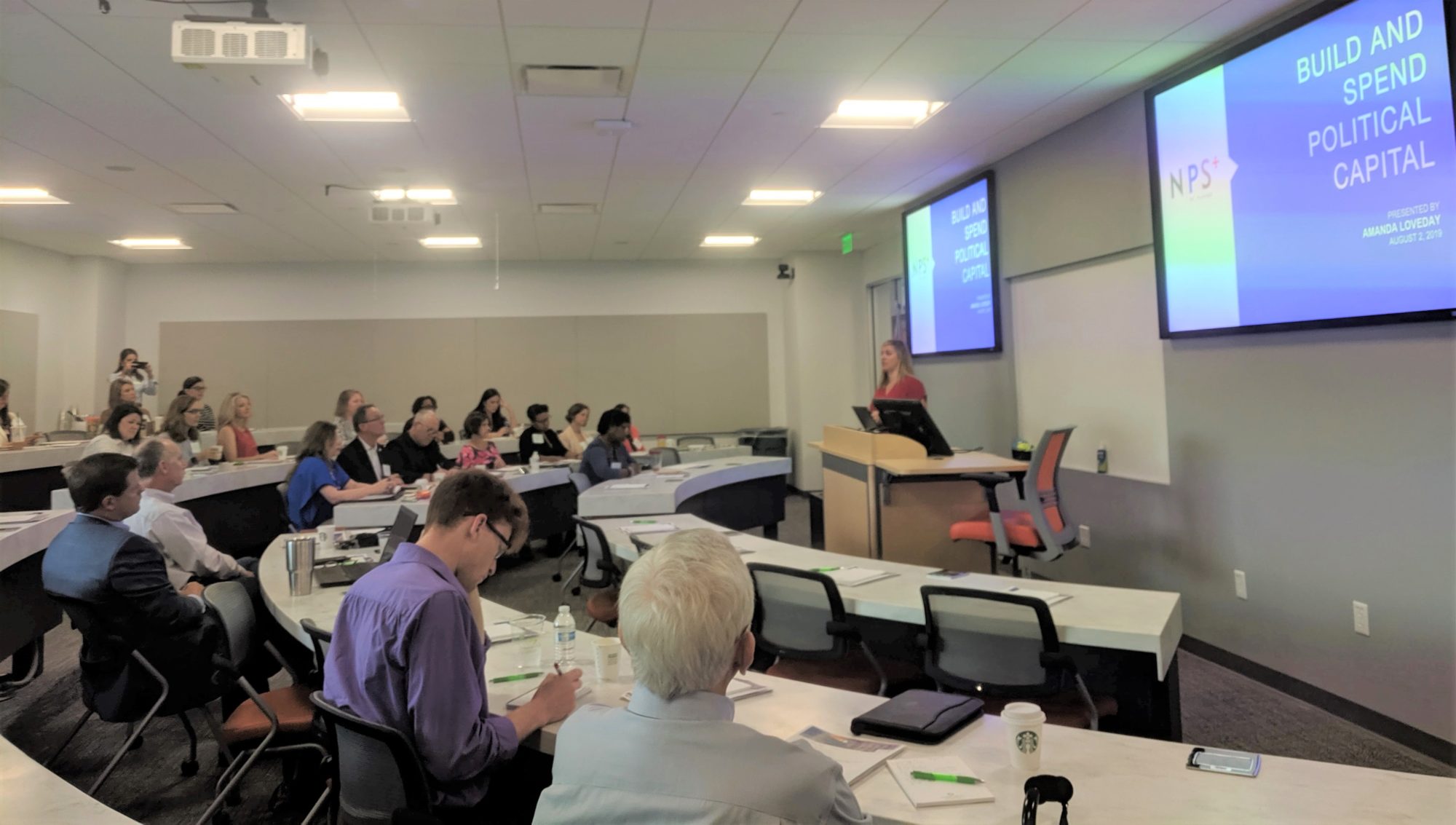
Advocacy 101: Meet Amanda Loveday
July 20, 2020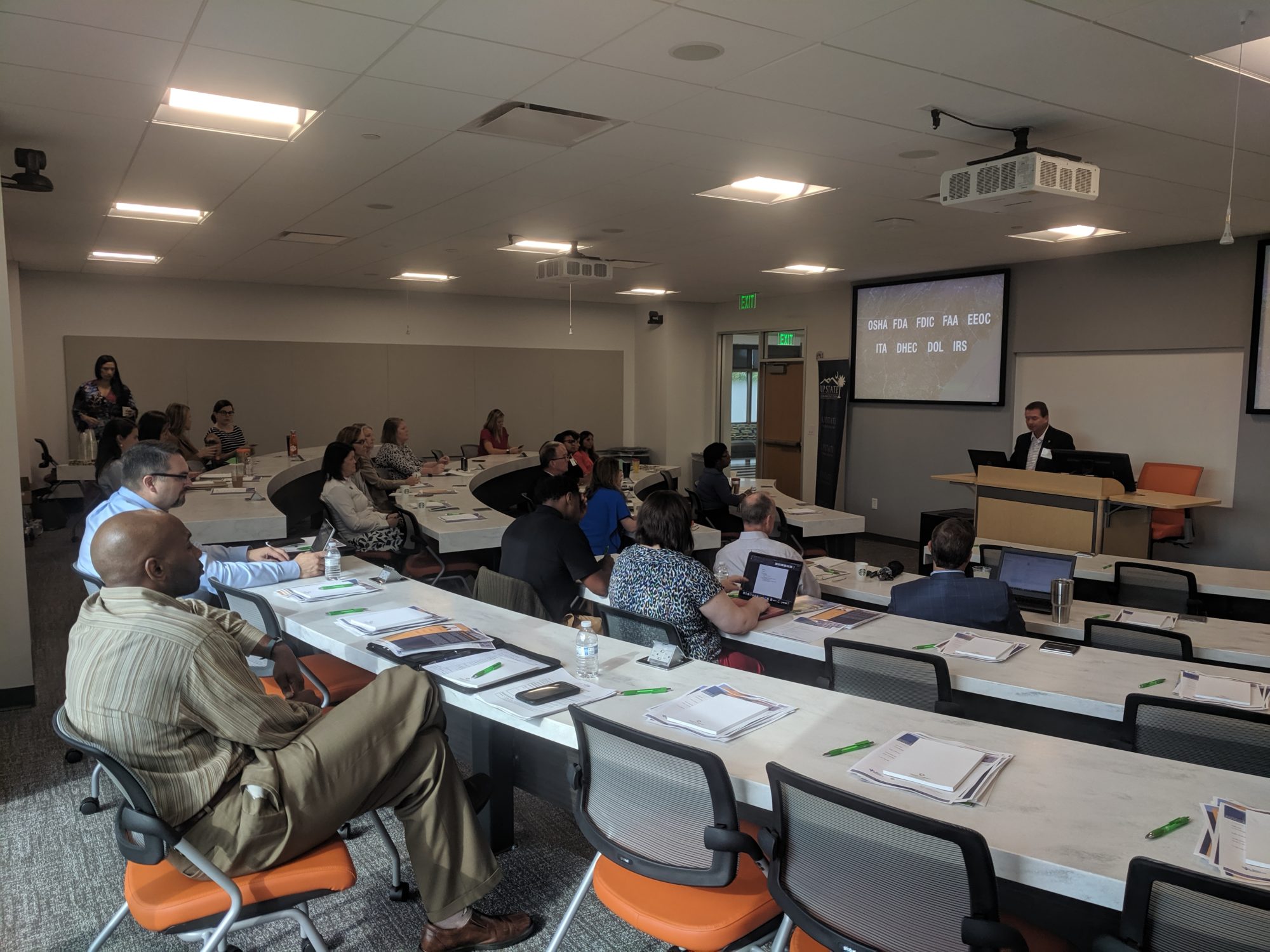
Advocacy 101: Meet Chip Felkel
August 4, 2020Advocacy 101: Meet Matt Moore
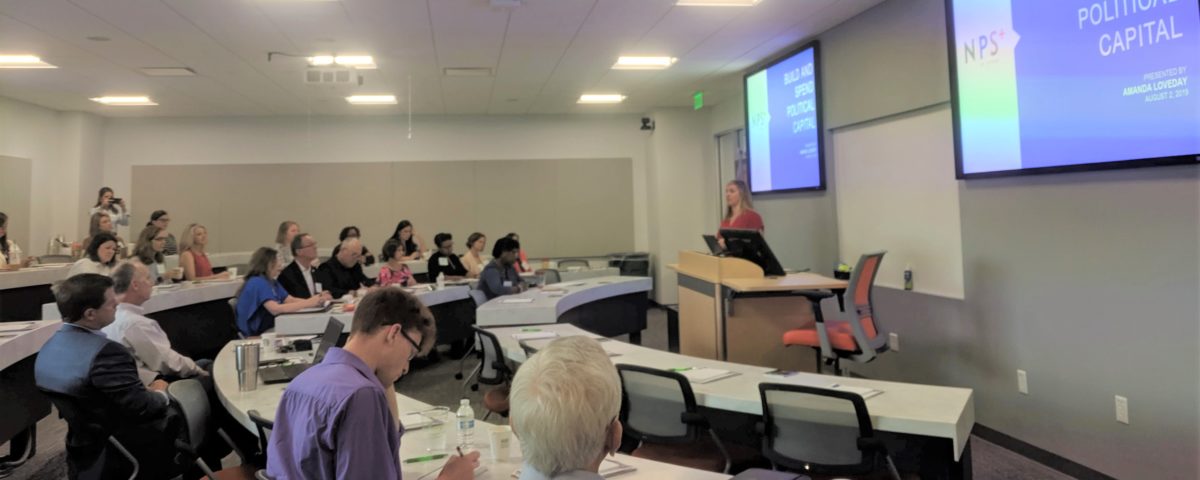
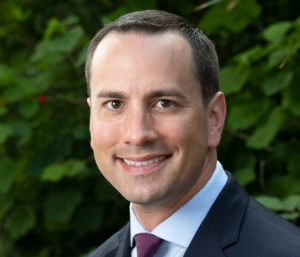 Matt Moore will return to speak at our Advocacy 101 class this year. Last year, Matt led the award-winning “Greenville Connects” campaign on behalf of the Greenville Chamber and our community partners. He is well-acquainted with the Greenville area, running numerous political campaigns here including those for Congressman William Timmons and Rep. Jason Elliott.
Matt Moore will return to speak at our Advocacy 101 class this year. Last year, Matt led the award-winning “Greenville Connects” campaign on behalf of the Greenville Chamber and our community partners. He is well-acquainted with the Greenville area, running numerous political campaigns here including those for Congressman William Timmons and Rep. Jason Elliott.
Before working as the Managing Partner for First Tuesday Strategies, Matt served as Chairman of the South Carolina Republican Party from 2013-2017. Prior to elected S.C. Republican Party Chairman, Moore served as State Director for U.S. Senator Tim Scott, Executive Director for the S.C. Republican Party, Executive Director for the S.C. Club for Growth, Outreach Director for Governor Mark Sanford, Deputy Political Director for the national Republican Governors Association, Deputy Field Director and Software Engineer for the Georgia Republican Party, and Policy Assistant for Georgia Governor Sonny Perdue.
He has guided hundreds of winning political and grassroots campaigns across the country, and was the general consultant on U.S. Congressman William Timmons’ winning 2018 campaign. Moore now helps clients solve complex challenges in Washington and states across the country. In 2019, he was named one of the “40 under 40” best campaign professionals in America by the AAPC.
1. How did you get into advocacy?
I worked mostly on political campaigns for over a decade, but my career focus is now at the intersection of politics, commerce, and marketing, so advocacy just makes sense. Advocacy is necessary because it’s intentionally difficult to get things done in our form of government. How do you cut through the noise and get people to support specific policies?
2. People see the partisanship in politics and last year’s Advocacy 101 attendees were stunned to hear most of us are friends (or frenemies). Why is that?
I have the utmost respect for those who establish themselves as the best in their fields. Each participant has done that. Beyond professional respect, I think we all share the somewhat old-school belief that our political system is predicated on respectful disagreement. The current trend of trying to “own and destroy” your political opponents is disturbing. Historically, living in a country with one-party rule is not a pleasant experience.
3. What news do you read or listen to on a daily basis? How do you stay informed?
My iPad is loaded with subscriptions to the NY Times, Wall Street Journal, Washington Post and the “big 3” South Carolina papers (Greenville, Columbia, Charleston). I also keep an eye on the Atlanta and Charlotte news. Over a cup of strong coffee, I spend at least an hour each morning skimming headlines, reading stories of interest, and considering how they might impact the world around us. I’m also constantly thinking about project ideas and pitches for clients. Beyond that, I probably look at Facebook, Instagram, and Twitter a little too much in an effort to spot future trends and story lines.
I’ve given up watching cable news because it’s basically entertainment and reduces critical thinking.
4. What is the biggest mistake business leaders or non-profits make in advocacy?
The biggest mistake is thinking no one will oppose your idea because it “does good” or “helps people.” Humans are an obstinate bunch. 20% of people will oppose anything, just because they can. Make your case clearly and concisely, and then don’t back down.
5. What is the biggest takeaway you hope people get from your talk?
Ultimately, I believe people still want government to be a force for good in their lives. The disastrous response to COVID-19 is a perfect example – people hate government until we actually need a coordinated response to prevent sickness and reopen the economy.
I encourage participants to get in the arena and demand more from government. Don’t give elected officials the easy way out. Ask them to invest in things that will ultimately make our state and country better.
6. Everyone has an unusual skill. What’s yours?
My unusual skill is probably fixing things, which isn’t all that unusual considering my engineering education. In the last year I’ve rebuilt a golf cart, a vacuum cleaner, a laptop, and our house’s doorbell system. It just so happens that “fixing things” is also the perfect skill set for campaigns!
Advocacy 101 will be on Friday, August 28 and Friday, September 4th from 8:30 until 1. You can register for the class – and take control of your advocacy – here.


